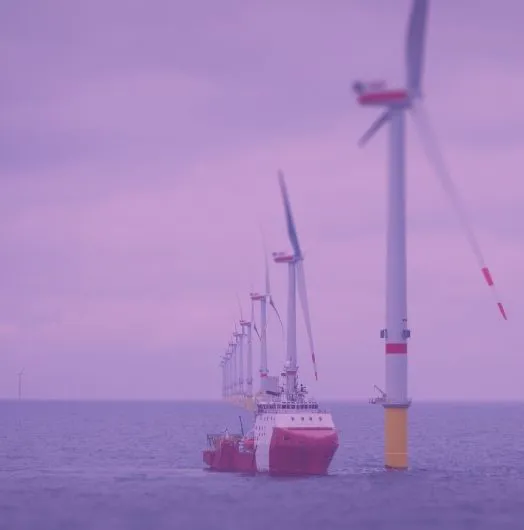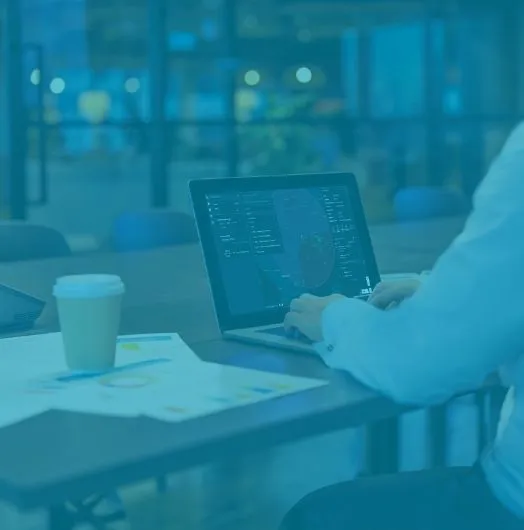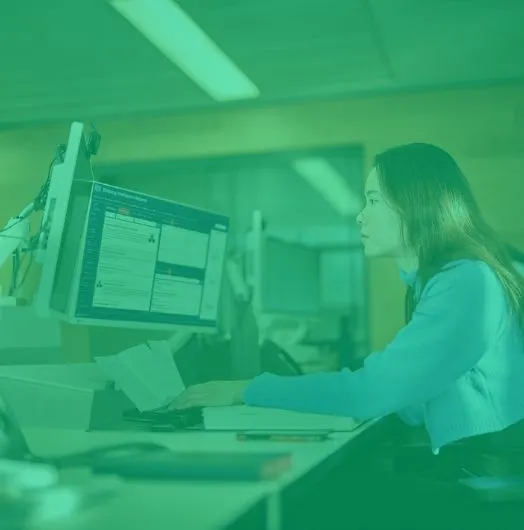Clarity in a fast-changing world

Green transition
As the industry finds its way through the energy transition, Clarksons continues to be at the heart of the conversation and lead positive change.
Read more
Technology
Technological innovations will unlock new possibilities, address complex challenges and drive sustainable growth and societal impact.
Read more
Geo-political complexity
We invest in technology and resources in order to manage risk and empower, reassure and protect our stakeholders.
Read moreChange in our industry is constant. And with an accelerating green transition, change is increasingly being driven by new and complex regulation and process. Our resilience, innovation and understanding of our industry ensures we can respond to and lead change successfully and sustainably in an ever-more complex world.
The impact of climate change
The ongoing drought conditions in the Panama Canal – a key waterway with more than 13,000 transits per year involving 2.5% of global trade - continues to disrupt global trade. We provide expert insight into canal transit restrictions, congestion times, vessel re-routing, and its impact on freight rates.
Driving greener solutions
Our clients are investing in new and innovative technologies that will help drive the world’s progress towards lower emissions. We help our clients understand and execute these complex but vital investments.
Advising on fleet renewal strategies
The average age of the world fleet is increasing. And new CII regulations mean a third of tonnage could report D or E ratings, highlighting the need for a huge programme of fleet renewal. With ship owners needing to make crucial fleet renewal decisions, we’re helping them to gain clarity on how the fuelling technology they choose will perform, alongside chartering potential.
Unlocking cleaner energy
Offshore renewables will play a vital role in the world’s energy transition. The number of offshore wind farms and turbines is growing rapidly, providing vital clean energy. We’re accelerating the discussion around investment in offshore wind, and helping facilitate the shipping support and finance needed.
Understanding the regulatory landscape
Regulation is driving change. IMO 'short-term' measures are influencing investment decisions and operational behaviour, and with a net zero commitment for the first time, regulation is accelerating. Our understanding allows us to guide our clients through the increasingly complex regulatory landscape.
The impact of the green transition is starting to be felt now more than ever. New and significant regulation came into effect in 2023, with the CII introducing an emissions rating system for all deep sea vessels. And from 2024, the EU ETS has introduced a price on CO2 emissions for European shipping.
Transforming with trust
From the impact of technology on society and economies, to the growth in cyber security, data mining and malicious use, new technology brings risk as well as opportunity. For Clarksons, trust is part of our currency. The authority of our data has always been market-leading, and as we continue to take strides in digital innovation, this remains paramount.
Harnessing data to optimise performance
The ability to leverage data and act on it efficiently will bring greater competitive advantage in our industry. Technology is key. We invest in technology and data across all our business lines – our core broking teams have tools for trade, while our brokers and analysts have access to proprietary tools, enabling them to perform their roles with greater insight and market knowledge.
Unlocking new possibilities
In the right hands, the ability to provide instruction to machine learning models to generate an outcome will unlock efficiencies, optimise operations, cut costs and pave the way for new opportunities.
Changing consumer demands
The environmental consciousness of the end-consumer is on the rise, and manufacturers need to change gear to ensure the sentiment reverberates throughout the entire supply chain. Innovations in technology are making greener supply chains possible.
Technological innovations will unlock new possibilities, address complex challenges and drive sustainable growth and societal impact. How can shipping leverage new technologies in a way that progresses the industry?
A return to growth
Shipping is at the heart of global trade, with economic development and population trends driving growth. Seaborne trade volumes returned to growth in 2023, expanding by 3% year on year to reach 12.3bn tonnes. Geo-political events and underlying trends towards longer-haul trading routes have driven even higher tonne-mile growth of 5%, the highest levels for six years. We advise our clients how this growth will impact markets and we also benefit from expanded volumes as we play our vital role in enabling global trade.
Greater distances
The Russia-Ukraine conflict has led to a fundamental redistribution of trade flows, with Russian oil heading further east and European imports pivoting towards longer-haul suppliers. Recent Red Sea disruption is also diverting trade, creating additional shipping demand and volatile freight and charter markets. Clarksons’ global presence and insights mean we can continue to help our clients manage this bifurcation of trade.
Complexity of sanctions
Driven by growing geo-political tension, an increasingly complex sanctions and compliance regime is impacting all aspects of the shipping industry. Our deep investments in legal and compliance expertise and systems allow us to manage and facilitate trade in a rapidly changing geo-political and sanctions world.
Growing disruption
Since Russia’s invasion of Ukraine, the shipping industry has faced huge disruption, from immediate operational stress to fundamental changes in trade patterns surrounding natural gas supply and grain out of the region. We support our clients in managing this disruption through our deep understanding and global scale.











